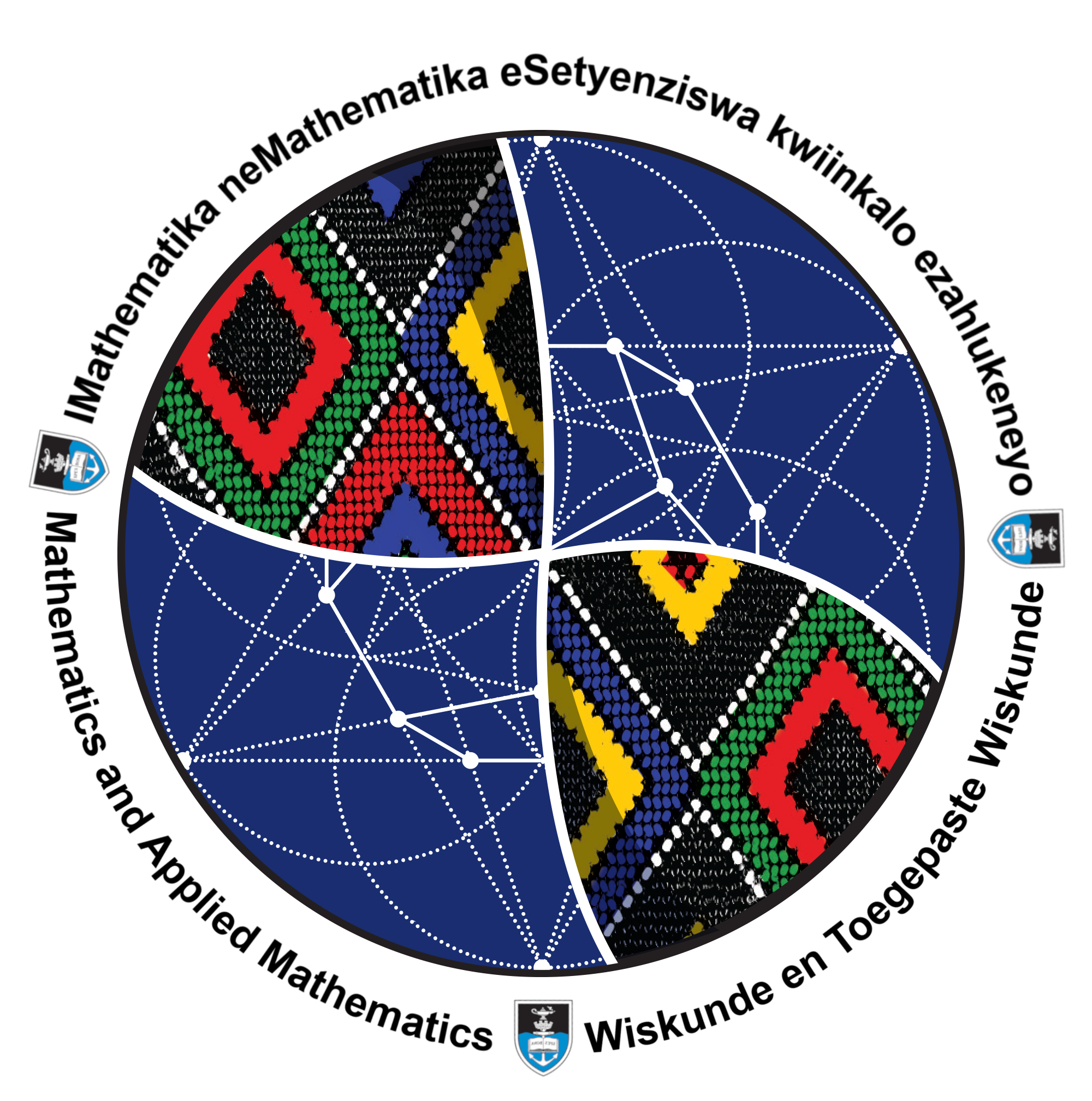UCT Hosts Inaugural South African-Japanese Discrete Homotopy Meeting

The University of Cape Town (UCT) hosted the inaugural South African-Japanese Discrete Homotopy Meeting 2025 (SAJDHM2025) on September 10th and 11th, 2025. This significant event took place within UCT’s Department of Mathematics and Applied Mathematics.
SAJDHM2025 is structured as a workshop designed to serve as the first moment of interaction for members of the International Research Group in Topology, Algebra and Dynamical Systems (IRGTADS). This meeting is crucial for advancing the scientific project titled “Topological Data Analysis using A-homotopy Theory,” which is supported by the National Research Foundation of South Africa (NRF) and the Japanese Society for the Promotion of Science (JSPS) from 2025 to 2026.
UCT at the Scientific and Organizational Helm
UCT played a prominent role in the structure and execution of this international collaboration. The event highlights UCT's institutional support, with the welcome messages, including greetings from key figures at the institution such as the Deputy Vice-Chancellor (Research and Internationalization), Professor Jeff Murugan, and the Head of the Department of Mathematics and Applied Mathematics, Professor David Erwin and opening remarks by Consul General Masahiro Katamoto of the Consular Office in Cape Town
“Mobility and dialogue between researchers and students are the lifeblood of academic cooperation,” said Consul Masahiro Katamoto, highlighting the spirit of collaboration underpinning the South African–Japan Discrete Homotopy Meeting 2025.
He added, “Cape Town is a fitting venue, open to the Atlantic, confident in its diversity and a natural meeting point for ideas and historically significant as the place where Japan opened its first diplomatic mission on the African continent in 1918, marking the beginning of Japan–South Africa relations. This collaboration is linking fundamental mathematical ideas to data and computation and creating real opportunities for students and young researchers.”
The organization of SAJDHM2025 was led by Dr Yanga Bavuma (University of Cape Town, South Africa), in collaboration with Dr So Yamagata (Fukuoka University, Japan). Furthermore, Dr Bavuma serves as the Principal Investigator for the South African research team involved in the biennial JSPS and NRF-supported project.
Reflecting on the event, Dr Bavuma explained, “Topological Data Analysis is a burgeoning field of study in my preferred mathematical topic, algebraic topology, and there is room for more ideas to be developed. In South Africa algebraic topology is not that popular, and finding a team from Japan working in this area led to some ideas that could lead to more advanced research on this topic.”
The IRGTADS group, which systematically promotes seminars, research periods, staff exchanges, and academic development, has recently restructured its operations. Notably, one of its four research groups is based directly within UCT.
Scientific Focus and UCT's Training Role
The primary scientific motivation centers on Topological Data Analysis (TDA), a field rapidly expanding within Artificial Intelligence (AI) research. TDA often connects with AI via algebraic topology, utilizing methods like homotopy theory and persistent homology to analyze large and complex datasets.
SAJDHM2025 was specifically designed to illustrate the main ideas of this project to the youngest members of IRGTADS. These emerging researchers are primarily placed among the University of Cape Town and the University of the Western Cape.
The programme included focused instructional sessions delivered by Dr Bavuma, who provided a short course in basic algebraic topology for the participants over both days of the meeting. “The short courses were introductions to the ideas behind some key concepts in algebraic topology for those in the conference who may not have been familiar,” said Dr Bavuma. “I first taught topological homotopy theory, which is about understanding the shape of a space through loops. Then I spoke about homology theory which is similar but looks more into the boundaries of spaces to classify the shapes.”
Building International Research Networks
The two-day meeting proved to be not just a scientific exchange but also a foundation for long-term research collaboration. “I think the conference met its goals,” said Dr Bavuma. “We really did a good job of sharing ideas and developing bonds amongst each other that will hopefully go a long way to producing fruitful research. In fact, we’ve already started some joint work looking into developing a new algorithm for Topological Data Analysis based on the expertise of the Japanese team and another member from Mexico. The Japanese team bring with them expertise in discrete homotopy theory, and in South Africa we have people working on Topological Data Analysis and some expertise in spectral graph theory that could come in handy when looking to find different perspectives for insights into our project. Overall, I am very excited and optimistic about this partnership. Of course, there is also the team from the University of Camerino that took part in the conference, and while their interests are a bit different, there is a bit of an overlap and we welcome them to participate in the project.”
